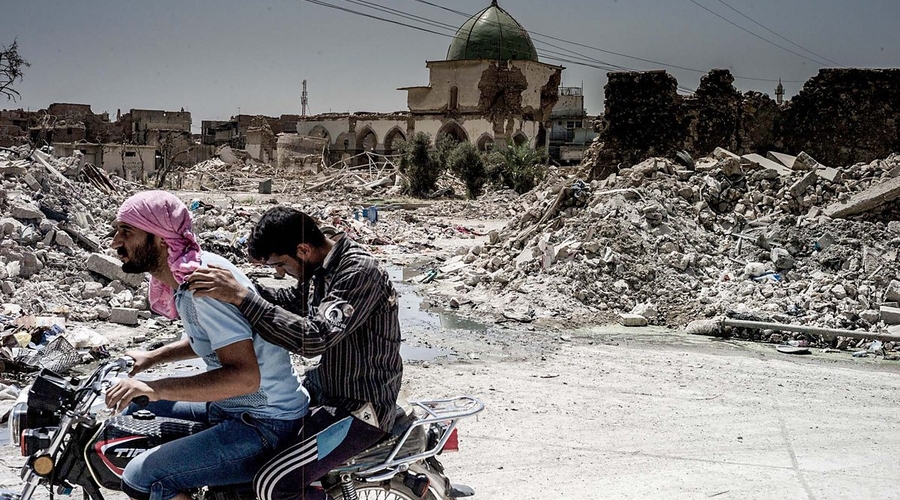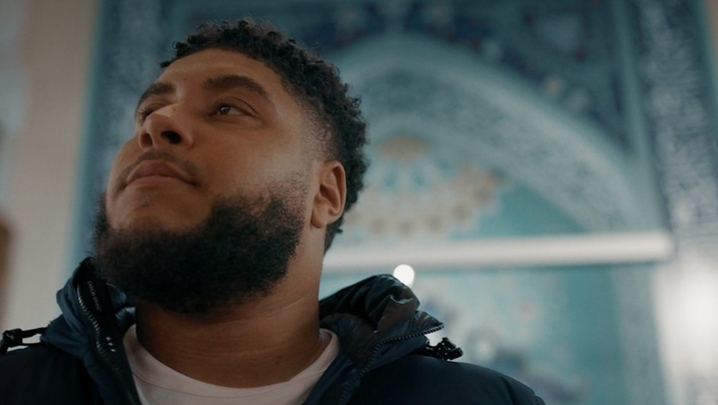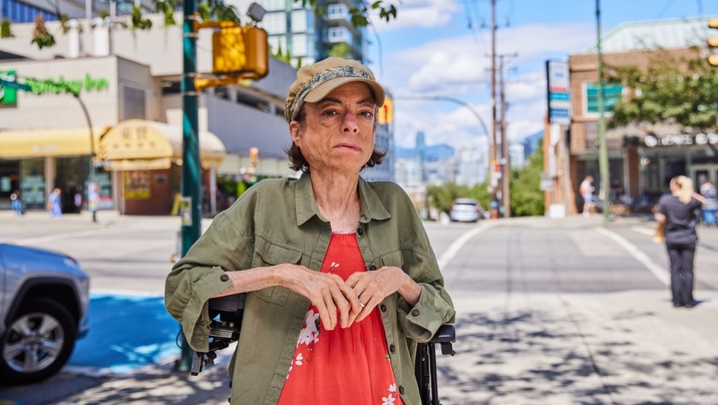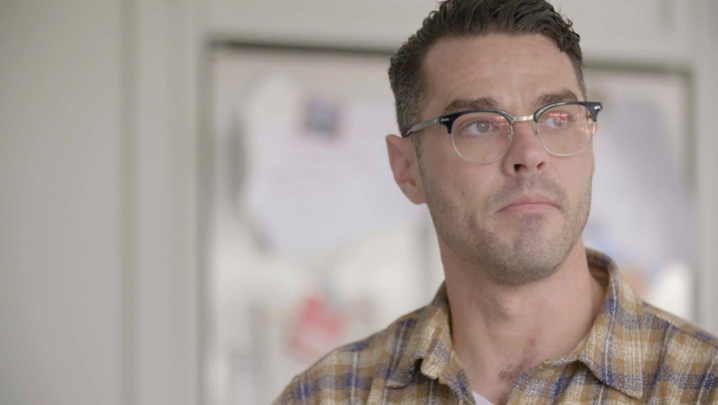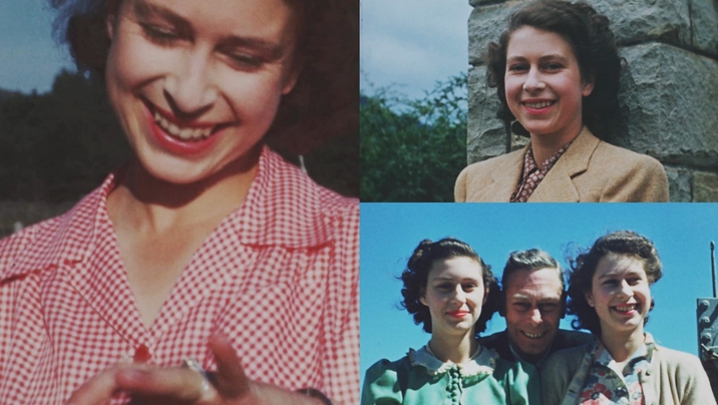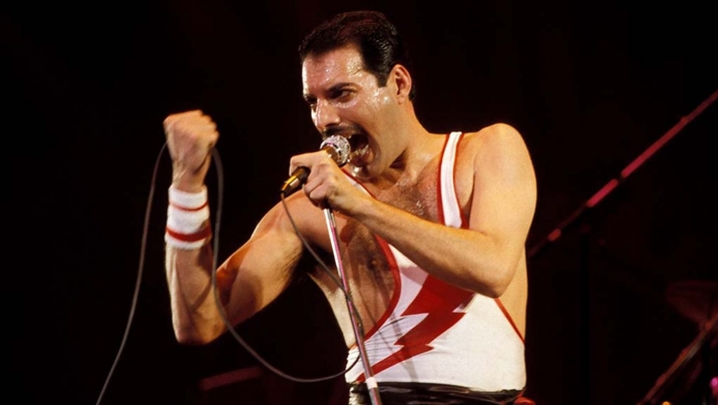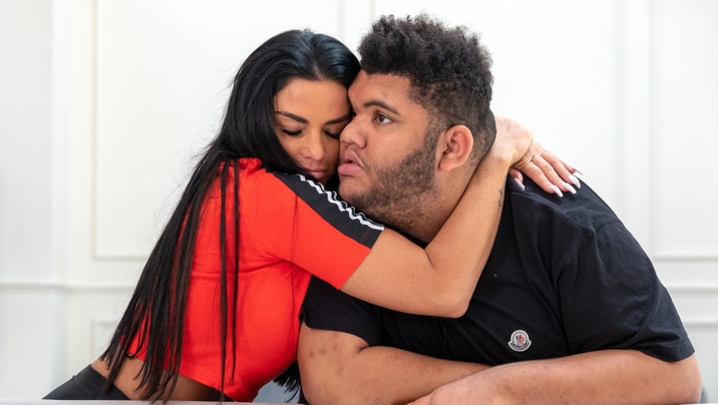While director James Bluemel was filming the follow up to Exodus: Our Journey to Europe, his intimate portrait of the migrant crisis, he saw borders being shut down across the continent.
In his eyes, the mostly right wing governments responsible for the closures - and their supporters - were making justifications that lacked any historical context, and he felt obliged to make a correction. “They were saying things like ‘we don’t want them, it’s their fault that their country’s like that, why should they come over here with their attitude?’,” he recalls.
“I wanted to show that we – America, Europe, Britain – are meddling. Our fingerprints are all over the origins of the crisis, and therefore we owe some responsibility to the refugees that are fleeing.”
With his RTS Award-winning documentary series, Once Upon a Time in Iraq, Bluemel points to the 2003 US and UK-led invasion of Iraq as a root cause of the refugee crisis. But as in Exodus and several of his previous films, he follows the simple yet devastating approach of asking the people on the ground to tell their own stories of the war: the soldiers who fought, the journalists who bore witness, the civilians who survived.
The approach also informed the title, Bluemel explains, as its stock phrase ‘Once Upon a Time’ “brings to mind storytelling.”
“Because everyone that lives [in Iraq] has their own story, it didn’t feel like it could be owned by any particular person. It needed something general.”
Once conceptualised, Bluemel set about casting, first by sifting through many of the existing documentaries on Iraq. In his eyes, however, “while there are many amazing films shot about Iraq, many of them fall down because they get the casting wrong.”
For him, the cast of any film is the corner stone: ”the Middle East is full of fun people and funny people that are really easy to relate to and I wanted to make sure this side of the region was reflected”
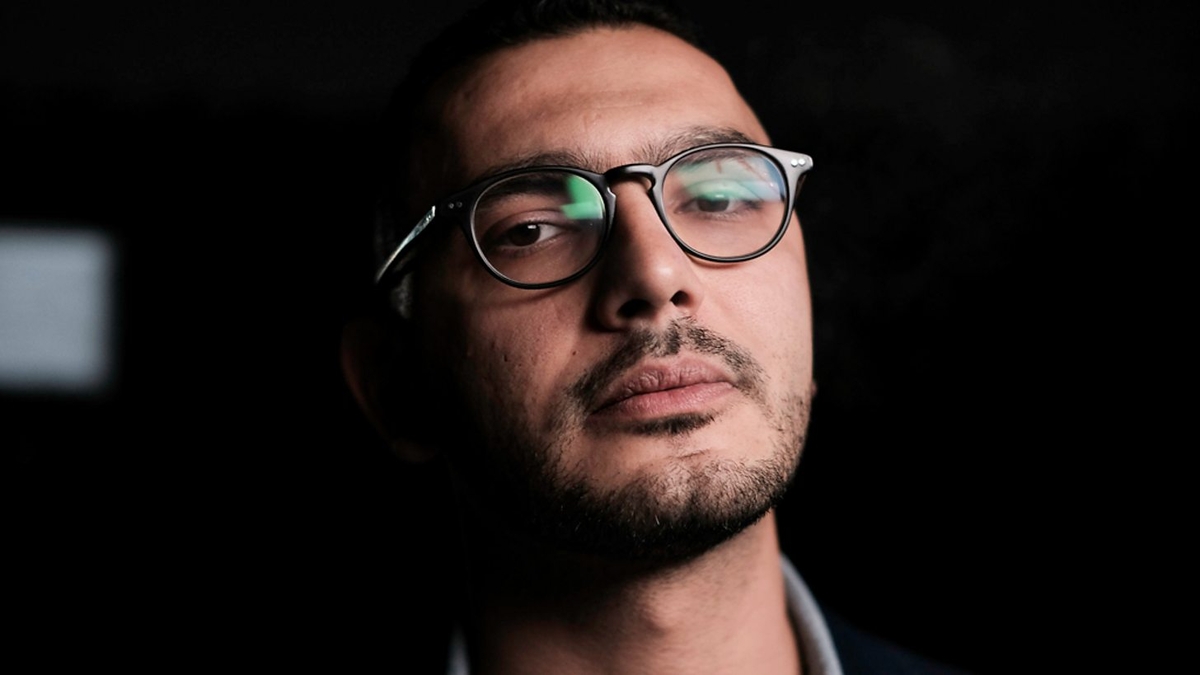
None more so than Waleed Nesyif, the straight-talking standout of the series providing both wise commentary on the invasion and wry comic relief from it.
In the first episode, he even admits to a past obsession with all things Western: “I wanted the blue jeans... the skateboards... the headphones... all of these things that I grew up watching.” So he says statements like “they hate our freedom and our democracy” are not just false but antithetical. “We actually love it! We freaking love it!”
As the lead singer of Iraq’s only heavy metal band, Bluemel found Nesyif by simply “flicking around the internet looking for quirky things on Iraq.” Within 30 seconds of their first Zoom conversation, he recalls thinking to himself, “you’re exactly what we’re looking for.”
Although no stranger to being filmed, Nesyif was initially hesitant, having been manipulated and lied to in previous projects about the war.
Bluemel says it certainly helped to have Exodus in their portfolio, but the team flew to Canada to meet Nesyif in person and reassure him of their honest intentions. “The commitment on our part, that we were willing to travel, helped build up a bit of trust. And we did that with pretty much everyone.”
The telling of their stories required the reliving of traumatic memories. As Bluemel acknowledges, for the two days of filming they were being asked “to open a box they don’t often open,” and then entrust its contents to the crew. But they did so because “they all felt their story should be heard... and had historical value.”
Bluemel and his crew shot all of the interviews in the same portable studio, minimally lit with an invisible black backdrop. It was a decision partially informed by their budgetary and practical concerns, but it made for a dramatic and intimate space, and the results are powerful.
It is therefore surprising to learn that it took some time for Bluemel to embrace the interview as a tool for filmmaking. Early on in his career, he says he never wanted to do them. “I always thought that wasn’t filmmaking. So I would only do actuality, really observational, and be really strict about it,” he laughs.
For Exodus: Our Journey to Europe, however, he realised that if you provide a platform to the right person, prepare well and create the right atmosphere, those interviews can be “intensely powerful.”

In Iraq he turned the interview into actuality, inserting moments that he says are “lazily called outtakes” that not just reveal the studio setting but actually “add to your understanding of the character on the film.” The series shows Nesyif chain smoke for the duration and Rudy Reyes, an elite US marine, ask for a shot of tequila before asking for the whole bottle. Their states of mind are captured as much as their stories.
“These interview spaces are live spaces. They are not dead they are full of fucking electricity. And it’s trying to capture that which we prioritised in Iraq,” he explains.
Bluemel prioritises character over story and ensures their relatability because he recognises that it is his job “to make these people empathetic.” It is then, he hopes, that “humanity kicks in,” and people’s minds are changed.
“Whether it’s successful or not I don’t know, but it shouldn’t stop you trying."
Bluemel says his next film, Pandemic 2020, will use the same “grammar of Iraq” to tell the global story of our times, “finding interesting characters across the world that have got a story to tell.”
If anyone can find them, it's Bluemel.

